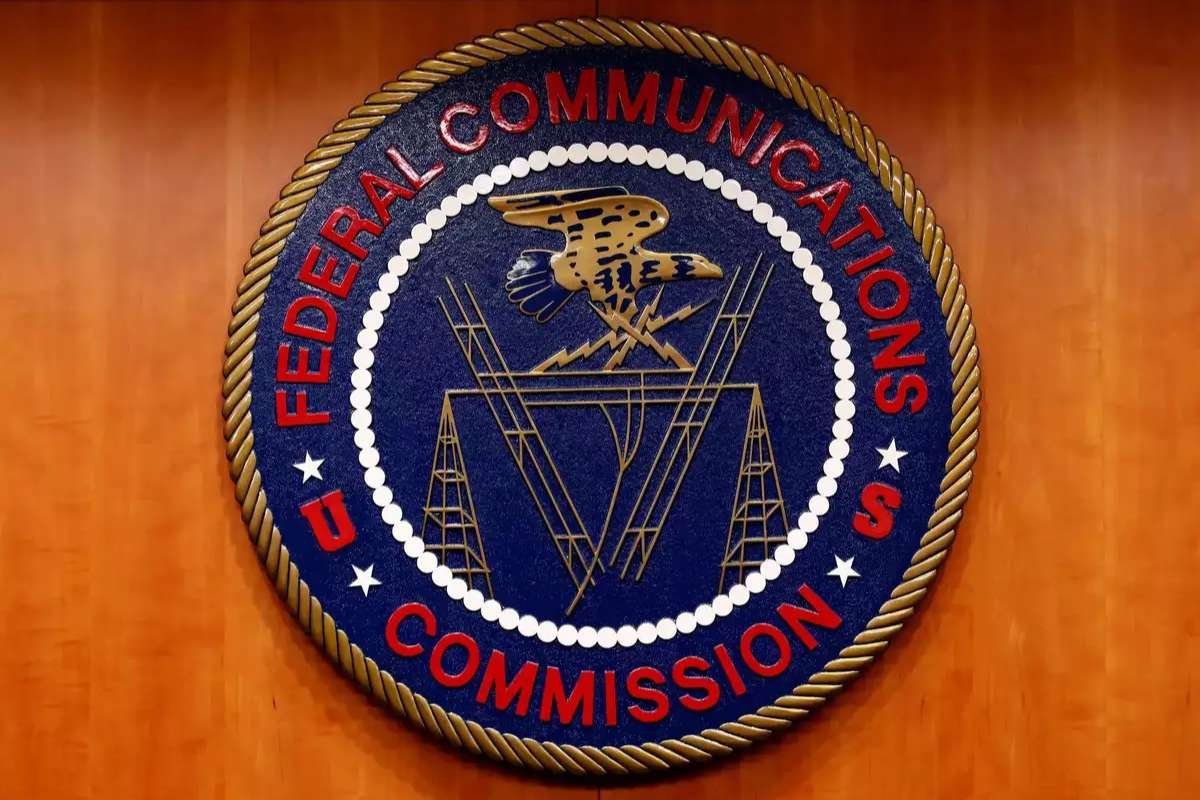Court Halts FCC’s Efforts to Reinstate Net Neutrality Rules
A U.S. appeals court has blocked the Biden administration’s attempt to reinstate net neutrality rules, marking a significant setback for advocates of an open internet. The decision, issued by the Cincinnati-based 6th U.S. Circuit Court of Appeals on Thursday, determined that the Federal Communications Commission (FCC) lacked the legal authority to bring back the rules.
The net neutrality regulations, first implemented in 2015 under the Obama administration, aimed to ensure that internet service providers (ISPs) treated all online data equally, preventing practices such as throttling, blocking, or prioritizing certain content. These rules were repealed in 2017 during the Trump administration. Efforts to restore them have been a priority for President Joe Biden, who signed a 2021 executive order urging the FCC to act.
The court’s decision leaned heavily on a recent Supreme Court ruling, Loper Bright Enterprises v. Raimondo, which limited the authority of federal agencies in interpreting the laws they enforce. “Applying Loper Bright means we can end the FCC’s vacillations,” the court stated, effectively curbing the FCC’s attempts to re-establish federal oversight of internet service providers.
Implications for Federal Oversight and State-Level Regulations
The U.S. appeals court’s ruling underscores federal agencies’ challenges in enforcing sweeping regulatory measures in the post-Loper Bright era. At the same time, the decision halts federal net neutrality rules, state-level policies, like those adopted in California, remain intact. This fragmented approach leaves the broader issue of internet regulation unresolved and raises questions about the future role of federal oversight.
FCC Chair Jessica Rosenworcel expressed disappointment and called on Congress to intervene. “Consumers across the country have told us again and again that they want an internet that is fast, open, and fair. Congress must now act to enshrine these principles into federal law,” Rosenworcel stated. The FCC had voted along party lines in April to reclaim oversight of broadband internet, but industry groups promptly challenged the move, resulting in the U.S. appeals court’s temporary injunction.
Brendan Carr, the incoming FCC chair who opposed the reinstatement of the rules, did not immediately comment on the ruling. Former FCC Chair Ajit Pai, a prominent critic of net neutrality, welcomed the court’s decision, urging regulators to shift their focus toward expanding internet access and fostering innovation.
Stakeholder Reactions and Future Prospects
The ruling has reignited debate among industry stakeholders, with tech giants like Amazon, Apple, Alphabet, and Meta supporting the FCC’s efforts to restore net neutrality. Conversely, telecom industry groups such as USTelecom, representing major ISPs like AT&T and Verizon, argued that reinstating the rules would be “anti-consumer” and “entirely counterproductive.”
Advocates for net neutrality have signaled their intent to pursue the matter further, potentially seeking a Supreme Court review. While the Biden administration is unlikely to appeal the decision directly, proponents emphasize the need for long-term legislative solutions.
The blocked regulations would have equipped the FCC with tools to monitor internet service outages and address national security concerns involving Chinese telecom companies. As the legal and political battles continue, the question of how to balance innovation, consumer protection, and regulatory oversight in the digital age remains unresolved.









